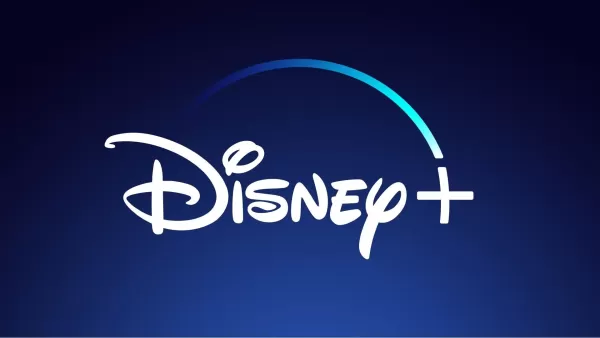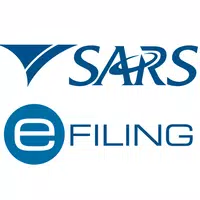Home > News > ChatGPT Maker Suspects China’s Dirt Cheap DeepSeek AI Models Were Built Using OpenAI Data — and the Irony Is Not Lost on the Internet
ChatGPT Maker Suspects China’s Dirt Cheap DeepSeek AI Models Were Built Using OpenAI Data — and the Irony Is Not Lost on the Internet
OpenAI has voiced concerns that China's DeepSeek AI models, known for their remarkably low cost, may have been developed using OpenAI's data. This has prompted strong reactions, with Donald Trump calling DeepSeek a wake-up call for the U.S. tech industry following a significant drop in Nvidia's market value—a loss of nearly $600 billion.
The emergence of DeepSeek triggered a sharp decline in the stock prices of major AI companies. Nvidia, a key player in the GPU market crucial for AI model operation, experienced a dramatic 16.86% fall—the largest single-day loss in Wall Street history. Microsoft, Meta Platforms, Alphabet (Google's parent company), and Dell Technologies also saw substantial decreases.
DeepSeek's R1 model is marketed as a significantly cheaper alternative to Western AI models like ChatGPT, built upon the open-source DeepSeek-V3. This model reportedly requires less computing power and had an estimated training cost of just $6 million, although this figure has been contested. Despite the debate, DeepSeek's low cost and reported effectiveness have raised questions about the massive investments made by American tech companies in AI, unsettling investors and propelling the DeepSeek app to the top of U.S. download charts.
Bloomberg reported that OpenAI and Microsoft are investigating whether DeepSeek utilized OpenAI's API to integrate OpenAI's AI models into its own, a practice considered a violation of OpenAI's terms of service. OpenAI confirmed its awareness of such attempts by Chinese and other companies to leverage leading U.S. AI models through distillation—a technique for training AI models by extracting data from larger ones. OpenAI emphasized its commitment to protecting its intellectual property and collaborating with the U.S. government to safeguard its technology.
David Sacks, President Trump's AI czar, stated that evidence suggests DeepSeek employed distillation to extract knowledge from OpenAI models, a move OpenAI reportedly finds unacceptable. He anticipates countermeasures from leading AI companies in the coming months to prevent similar actions.
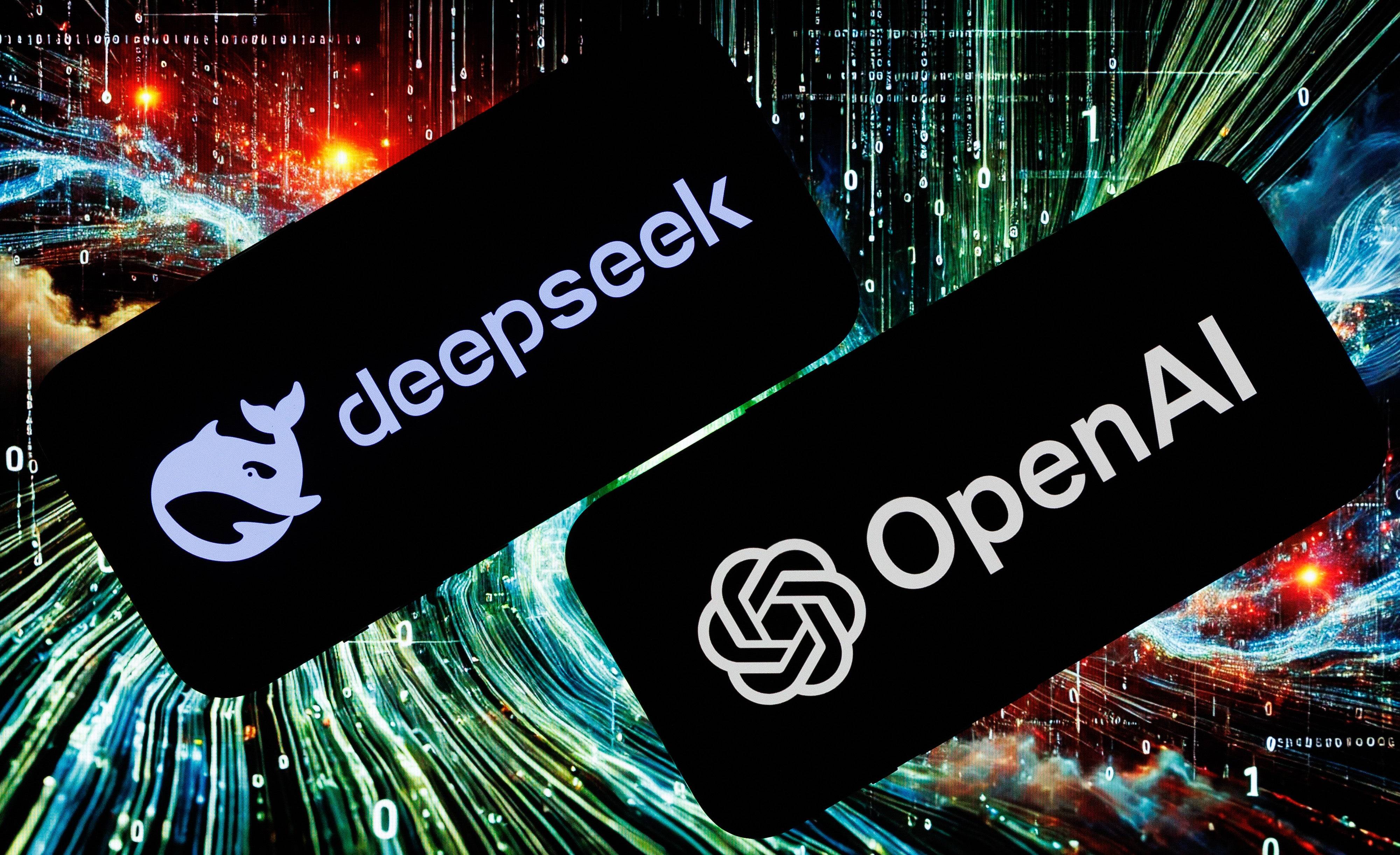
The situation has highlighted the irony of OpenAI's accusations, given previous criticisms of OpenAI itself for allegedly using copyrighted internet content to train ChatGPT. This hypocrisy was noted by tech writer Ed Zitron, who pointed out OpenAI's reliance on vast amounts of internet data in its model's creation.
OpenAI previously acknowledged its dependence on copyrighted material for training its models, stating in a submission to the UK's House of Lords that creating AI tools like ChatGPT without copyrighted material would be impossible. This statement follows lawsuits from the New York Times and 17 authors alleging the unlawful use of their work by OpenAI and Microsoft. OpenAI maintains that its training practices constitute "fair use." The debate underscores the complex legal and ethical challenges surrounding the use of copyrighted material in AI model training, further complicated by a 2018 U.S. Copyright Office ruling that AI-generated art cannot be copyrighted.
-
1

Top Streaming Platforms for Live Sports in 2025
Jun 18,2025
-
2

GTA 6 Set for Fall 2025 Release, CEO Confirms
Apr 03,2025
-
3

First ALGS in Asia Emerges in Japan
Jan 19,2025
-
4

Roblox: CrossBlox Codes (January 2025)
Mar 04,2025
-
5
![Roblox Forsaken Characters Tier List [UPDATED] (2025)](https://img.jdzca.com/uploads/18/17380116246797f3e8a8a39.jpg)
Roblox Forsaken Characters Tier List [UPDATED] (2025)
Mar 05,2025
-
6
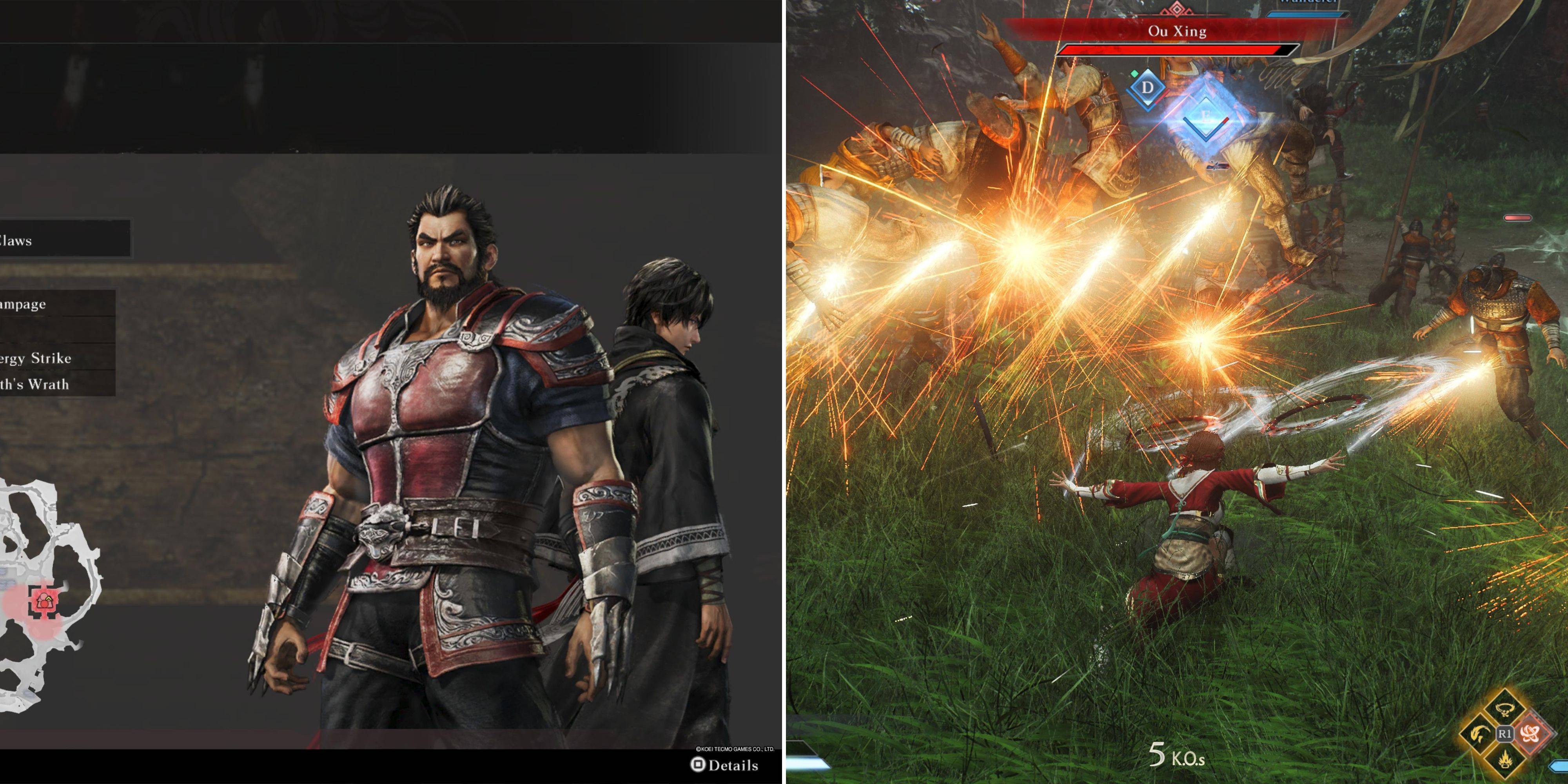
Introducing the Ultimate Guide to Seamless Character Swapping in Dynasty Warriors: Origins
Feb 25,2025
-
7

Gwent: Top 5 Witcher Decks (2025 Update)
Mar 13,2025
-
8
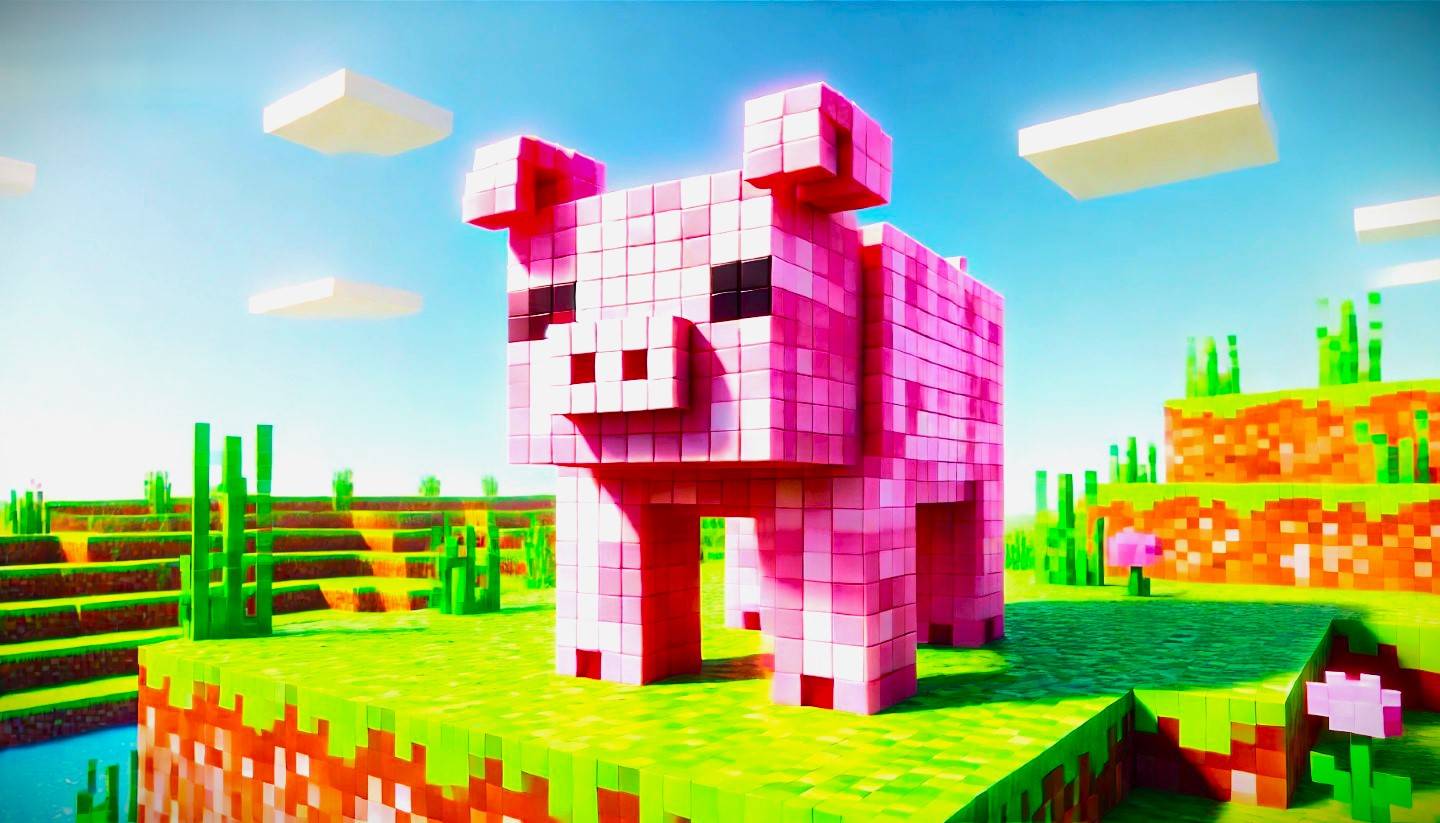
Cute mobs in Minecraft: pink pigs and why they are needed
Mar 06,2025
-
9

Max Hunter Rank in Monster Hunter Wilds: Tips to Increase
Apr 04,2025
-
10

Capcom Spotlight Feb 2025 Showcases Monster Hunter Wilds, Onimusha and More
Apr 01,2025
-
Download

Portrait Sketch
Photography / 37.12M
Update: Dec 17,2024
-
Download

Friendship with Benefits
Casual / 150.32M
Update: Dec 13,2024
-
Download

F.I.L.F. 2
Casual / 352.80M
Update: Dec 20,2024
-
4
[NSFW 18+] Sissy Trainer
-
5
Pocket Touch Simulation! for
-
6
슬롯 마카오 카지노 - 정말 재미나는 리얼 슬롯머신
-
7
Chubby Story [v1.4.2] (Localizations)
-
8
Life with a College Girl
-
9
Shuffles by Pinterest
-
10
Hunter Akuna


